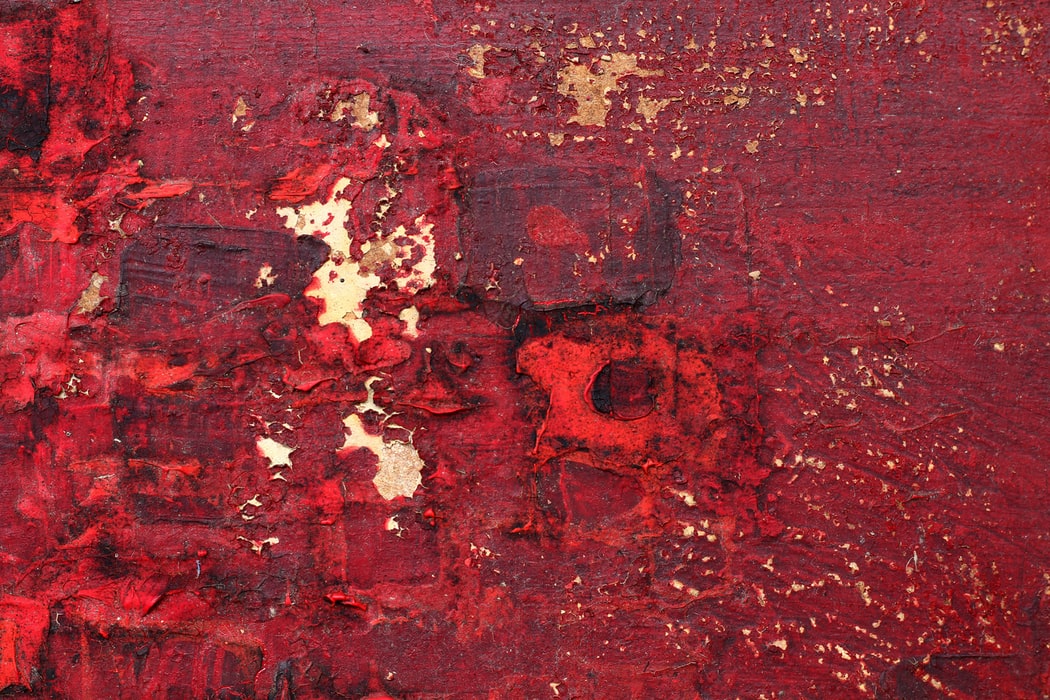Ayahuasca, dimethyltryptamine, and psychosis: a systematic review of human studies
Authors:
Rafael G. dos Santos, José Carlos Bouso, and Jaime E. C. Hallak.
Journal:
Therapeutic Advances in Psychopharmacology
Year:
2017
About the study
The aim of this study was to present a systematic review of the cases in which psychotic events occurred after the acute effects of ayahuasca and DMT. The authors attempted to identify all studies available to review up to 16 August 2016 in which a possible association between ayahuasca/DMT intake and psychosis was reported.
The systematic review reported evidence from case reports and case series associating ayahuasca or DMT intake with psychotic episodes enduring more than the expected time of action of each drug.
The results suggest that the incidence of psychotic episodes associated with ayahuasca/DMT intake is a rare phenomenon, and these rare instances appear be associated with previous premorbid characteristics of the individuals, previous and possibly concurrent drug abuse, and lack of a supervised setting.
Abstract
Background: Ayahuasca is a hallucinogen brew traditionally used for ritual and therapeutic purposes in Northwestern Amazon. It is rich in the tryptamine hallucinogens dimethyltryptamine (DMT), which acts as a serotonin 5-HT2A agonist. This mechanism of action is similar to other compounds such as lysergic acid diethylamide (LSD) and psilocybin. The controlled use of LSD and psilocybin in experimental settings is associated with a low incidence of psychotic episodes, and population studies corroborate these findings. Both the controlled use of DMT in experimental settings and the use of ayahuasca in experimental and ritual settings are not usually associated with psychotic episodes, but little is known regarding ayahuasca or DMT use outside these controlled contexts.
Methods: Thus, we performed a systematic review of the published case reports describing psychotic episodes associated with ayahuasca and DMT intake.
Results: We found three case series and two case reports describing psychotic episodes associated with ayahuasca intake, and three case reports describing psychotic episodes associated with DMT. Several reports describe subjects with a personal and possibly a family history of psychosis (including schizophrenia, schizophreniform disorders, psychotic mania, psychotic depression), nonpsychotic mania, or concomitant use of other drugs. However, some cases also described psychotic episodes in subjects without these previous characteristics. Overall, the incidence of such episodes appears to be rare in both the ritual and the recreational/noncontrolled settings.
Conclusion: Performance of a psychiatric screening before administration of these drugs, and other hallucinogens, in controlled settings seems to significantly reduce the possibility of adverse reactions with psychotic symptomatology. Individuals with a personal or family history of any psychotic illness or nonpsychotic mania should avoid hallucinogen intake.
Photo by Pierre Bamin on Unsplash.
Categories:
Studies & papers
, Ayahuasca
Tags:
ayahuasca
, scientific research
, study
, DMT
, psychosis
, psychedelics
, hallucinogens

